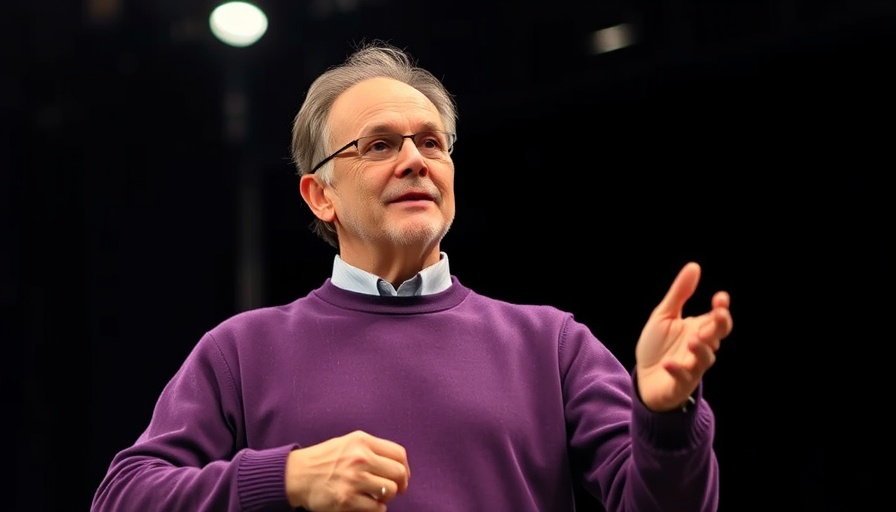
The AI Revolution: Preparing for Major Change
Bill Gates, the co-founder of Microsoft and an influential figure in technology, has recently made headlines by predicting that artificial intelligence (AI) could soon replace doctors, teachers, and various professionals within the next decade. This statement has raised eyebrows and sparked discussions about the future of work, indicating a significant shift driven by technological advancements.
While Gates's optimism about AI often highlights its benefits, his predictions also invite deeper contemplation about the implications for jobs in healthcare, education, and beyond. As we stand on the brink of what some call the Fourth Industrial Revolution, the potential for AI to enhance productivity alongside the threat of job displacement becomes a pressing topic for all.
The Technologies at Play: What AI Can Do
A multitude of AI technologies are already changing the landscape of numerous professions. From algorithms that diagnose diseases to automated teaching assistants that personalize learning, AI is demonstrating capabilities that rival and, in some cases, exceed human performance. For instance, AI-powered diagnostics have shown to be effective in areas such as medical imaging, allowing for faster and more accurate analysis than traditional methods.
In education, tailored learning experiences facilitated by AI tools are helping to bridge gaps in student knowledge while reducing the teacher's workload. These innovations not only improve efficiency but can also lead to better outcomes for students. However, as with any technological advancement, there are consequences to consider.
Job Displacement: Fears and Realities
One of the major concerns surrounding AI's rapid development is the fear of job loss. Recent studies project significant shifts in employment across multiple sectors due to automation, with an estimated 35% of jobs in the U.S. at risk of being automated by the early 2030s. While some argue that this will lead to new job creation, the transitional period may be fraught with uncertainty and economic displacement.
The hospitality and retail industries are already witnessing changes as AI begins to handle responsibilities traditionally performed by humans. Over the next decade, jobs that require routine, repetitive tasks may face automation, prompting workers to adapt by reskilling or pursuing jobs that emphasize emotional intelligence, creativity, and complex problem-solving.
A Call for Collaboration: Workers and AI
Despite the potential drawbacks, many experts advocate for a collaborative approach between humans and AI. By leveraging AI as a tool rather than viewing it solely as a replacement, workers can focus on elements of their roles that require human judgment and interpersonal skills. This cooperation can lead to enhanced productivity, greater job satisfaction, and new opportunities that center around uniquely human attributes.
Organizations should invest in employee training programs that emphasize adaptability and innovation. These investments can help mitigate the risks associated with job displacement, empowering workers to thrive in an increasingly automated landscape.
A Glimpse Into the Future: Educational Reform and Resilient Workforces
Gates's predictions emphasize the urgent need for educational institutions to prepare students for this brave new world. A curriculum focusing on STEM (science, technology, engineering, and mathematics) skills, combined with an emphasis on creativity, critical thinking, and emotional intelligence, can equip young minds for the future workforce.
Furthermore, encouraging ongoing education and training for current workers is vital. Lifelong learning initiatives can help individuals stay relevant in their fields, cultivating a workforce that can adapt to and partner with AI technologies effectively.
The Path Ahead: Embracing Change
As we sharpen our focus on the future of work, the insights from Gates and experts in the field highlight both the possibilities and challenges posed by AI advancements. Embracing change, fostering collaboration between human and machine, and investing in education and training will pave the way for a more resilient workforce.
In conclusion, the conversation initiated by Gates's statements compels us to rethink our approach to work and technology. As society continues to evolve, it is crucial that we strategically navigate the uncharted waters of AI integration to ensure a future where both technology and humanity can thrive.
 Add Row
Add Row  Add
Add 




 Add Row
Add Row  Add
Add 

Write A Comment